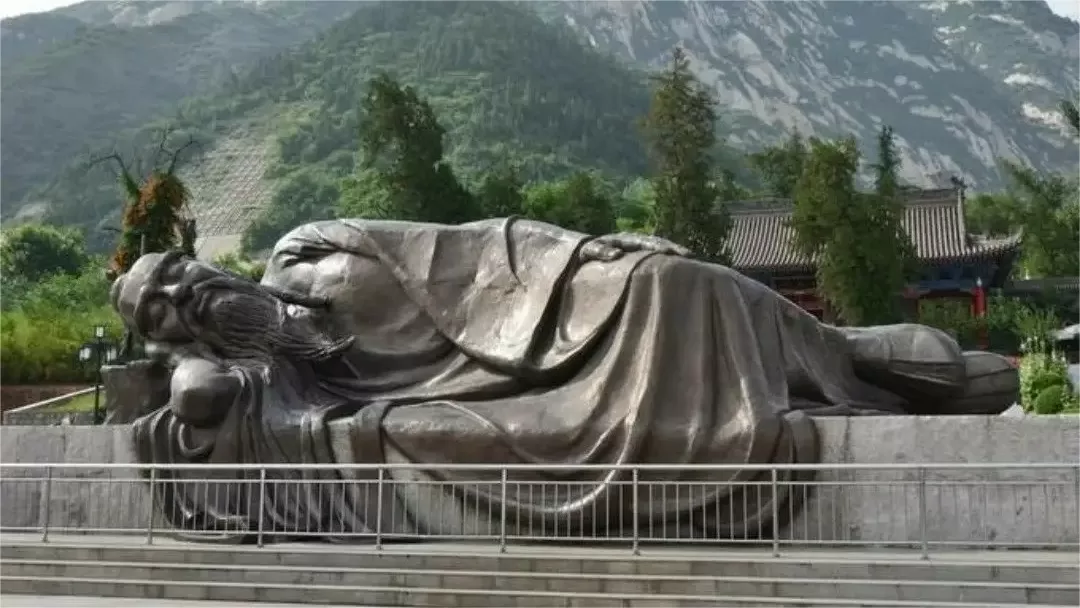Mount Hua, located in the Shaanxi Province of China, is an important site for Taoism, one of the major religions in China. Taoism is a spiritual and philosophical tradition that has been practiced in China for over 2,000 years, and Mount Hua is one of its most sacred sites.
In Taoism, mountains are considered to be sacred places where the forces of heaven and earth converge. Mount Hua is particularly important because it is believed to be the place where the Taoist deity, Chen Tuan, achieved enlightenment. According to legend, Chen Tuan lived on Mount Hua during the Tang Dynasty (618-907 CE) and developed a system of meditation and physical exercise that came to be known as Tao Yin. He is also said to have written several important Taoist texts, including the Nine Elixirs Classic.
Mount Hua is home to several Taoist temples and shrines, including the Jade Emperor Temple, the Five Dragon Temple, and the Middle Peak Temple. The temples and shrines on the mountain are surrounded by stunning natural beauty, with rugged cliffs, deep valleys, and breathtaking vistas. The mountain is also home to several Taoist hermits and monks, who live in remote caves and practice meditation and other spiritual practices.
One of the most important Taoist festivals on Mount Hua is the Qingming Festival, which takes place in early April. During this festival, Taoists gather at the mountain to honor their ancestors and pay homage to the spirits of the mountain. They also perform rituals and ceremonies to ensure good luck and prosperity for the coming year.
Overall, the Taoist tradition on Mount Hua is a testament to the enduring power and influence of this ancient philosophy. It is a reminder that spirituality and the natural world are deeply intertwined, and that the beauty and wonder of the world around us can inspire and uplift us in profound ways.


